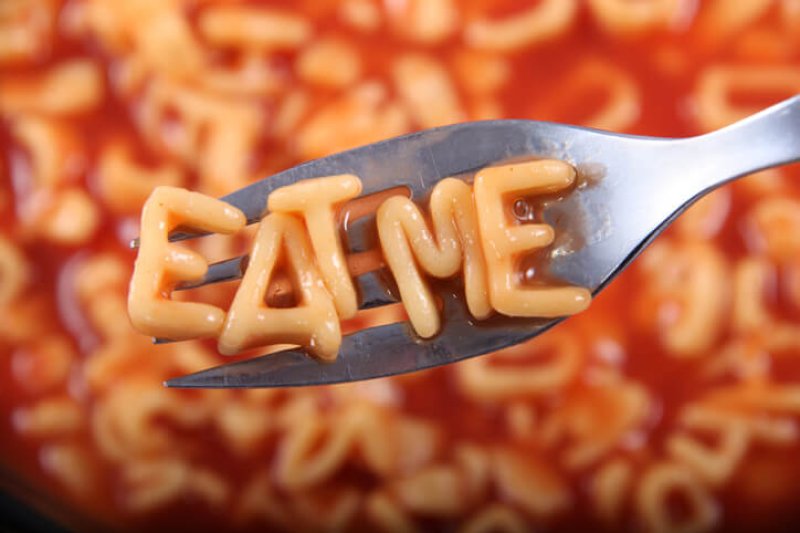Classification systems that categorise foods according to their ‘level of processing’ have been used to predict diet quality and health outcomes, shape dietary guidelines and inform product development. However, fresh research highlights a lack of consensus over how ‘processed food’ is defined.
…
There isn’t a direct relationship between whether a food is processed and its nutritional profile, [researcher Christina] Sadler told us.
“Processing has a complex influence on nutritional content, it can result in both positive or negative consequences, depending on the technical process applied and the food. From the perspective of food science and technology, processing and nutritional value do not have a linear relationship and these concepts need to be dissociated.”
“We concluded that the concept of ‘whole food’ and the role of the ‘food matrix’, as well as food additives, needs further discussion and clarification in relation to healthy diets.”
In particular, the researchers flagged that ‘only a few’ classification systems acknowledge the role of food processing done in the home, instead choosing to focus on industrially processed foods. “This omission is misguided as food that is homemade is not automatically a healthier choice.”































